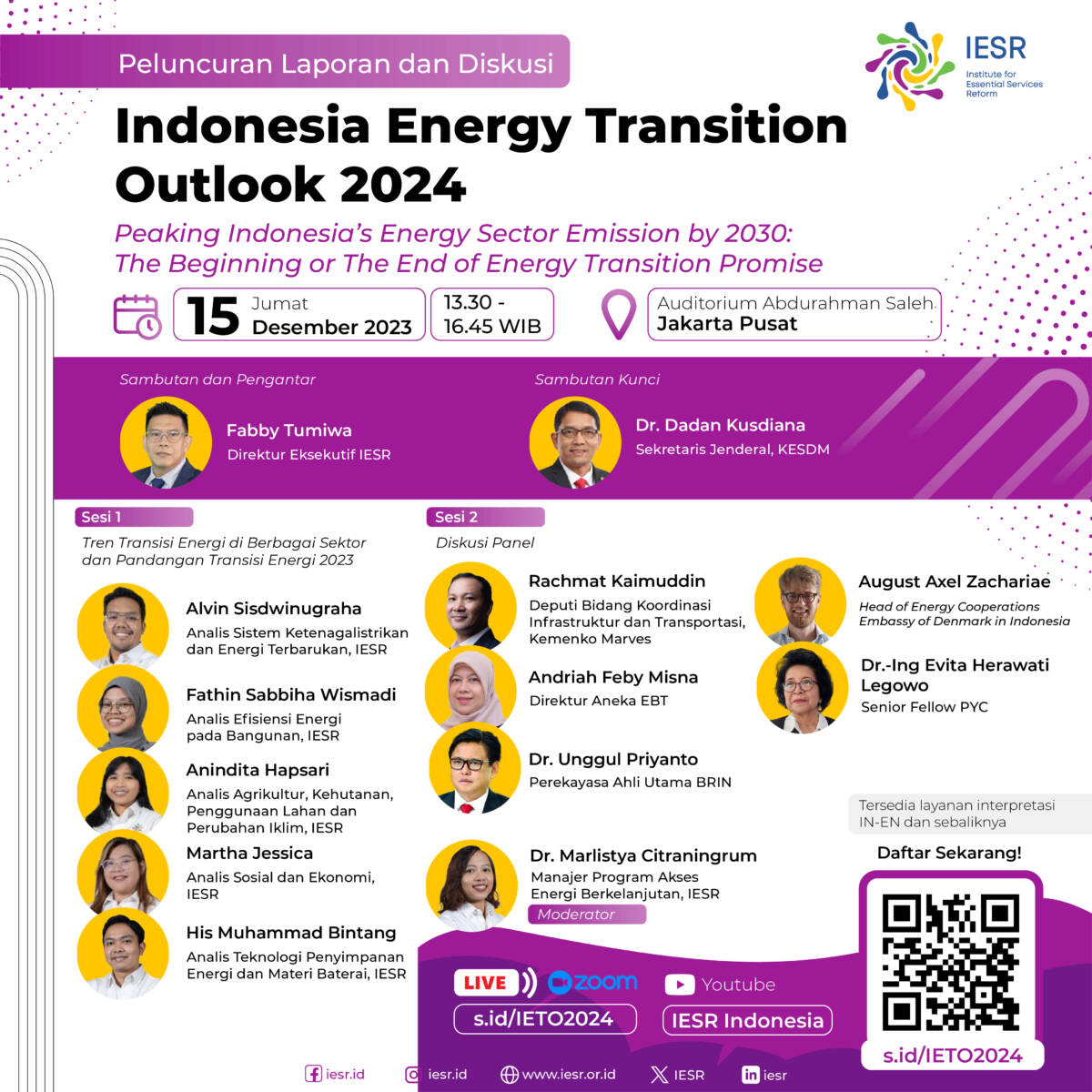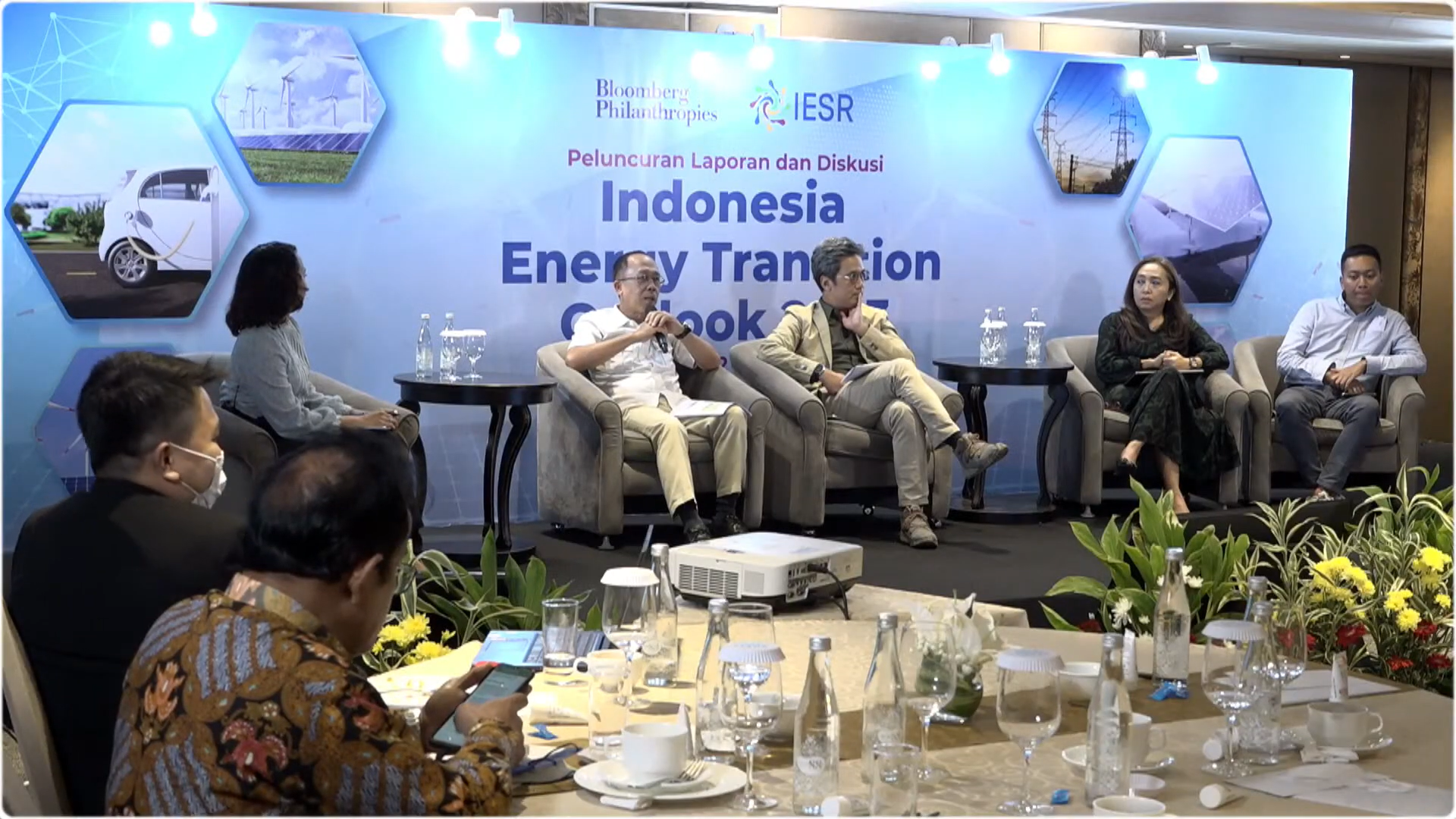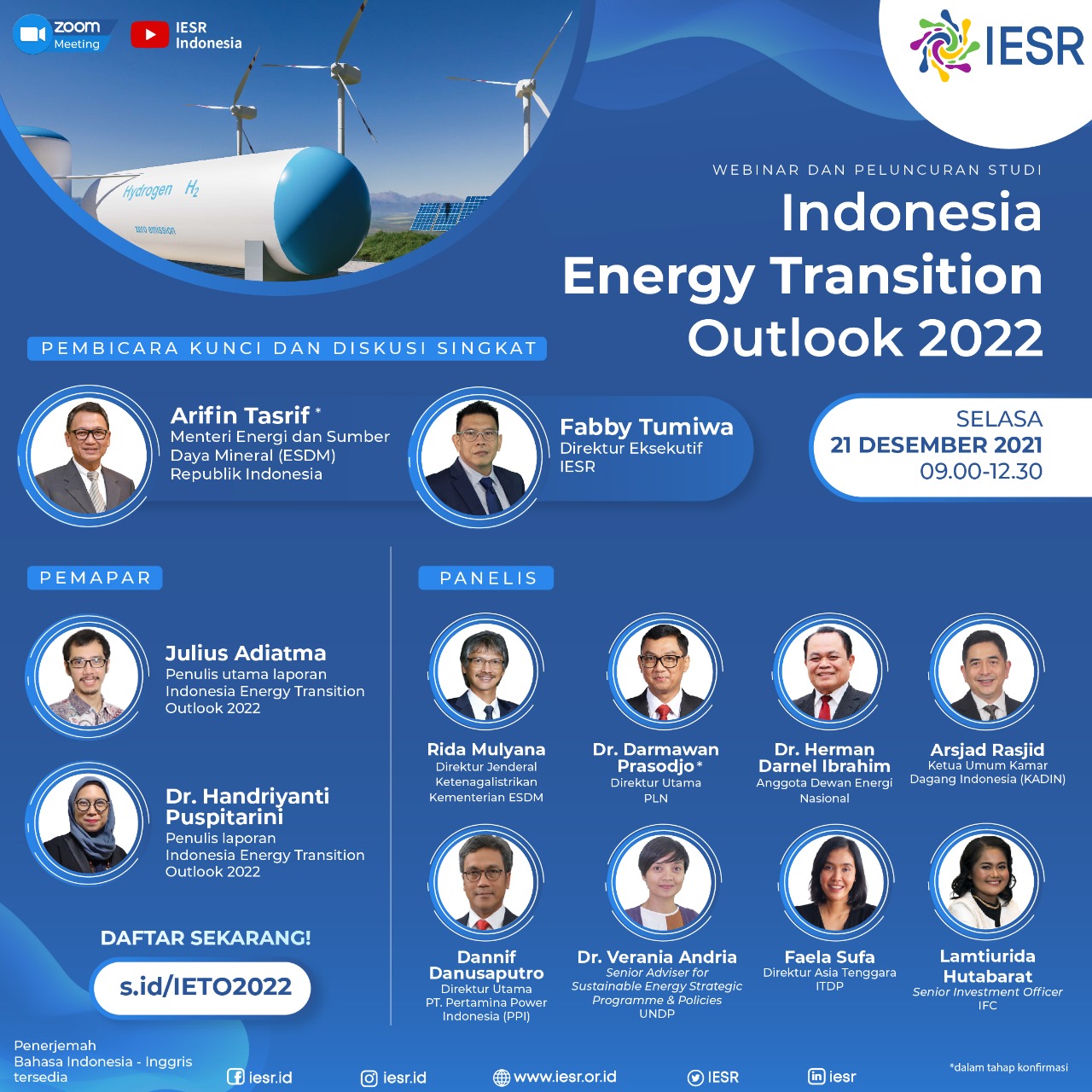Background
In 2023, through the presidential decree lifting the COVID-19 pandemic situation, it became a stimulus for economic recovery and national development to accelerate. Until the second quarter of 2023, economic growth in Indonesia was recorded at 5.17% (yoy) and showed economic strengthening in several regions in Indonesia. Meanwhile, Indonesia is projected to experience a…



